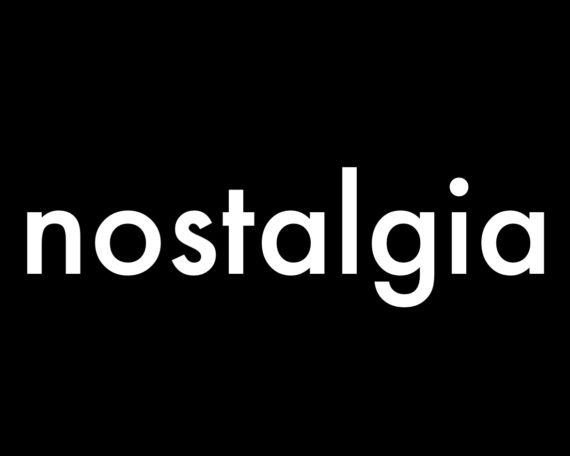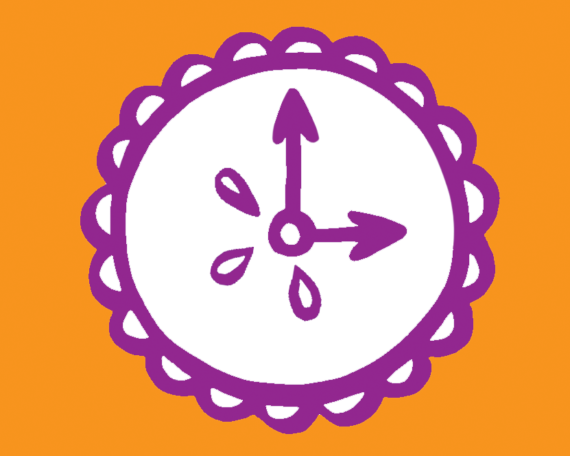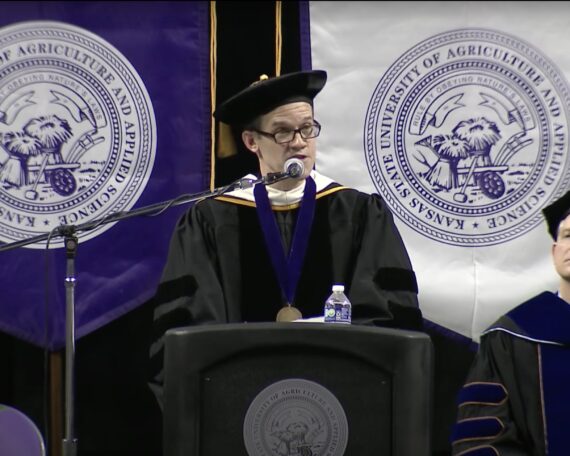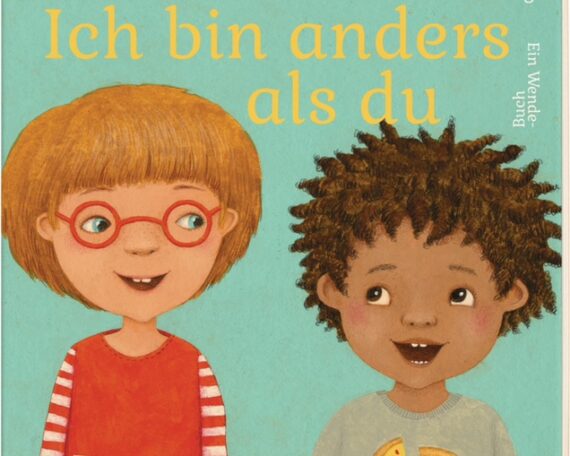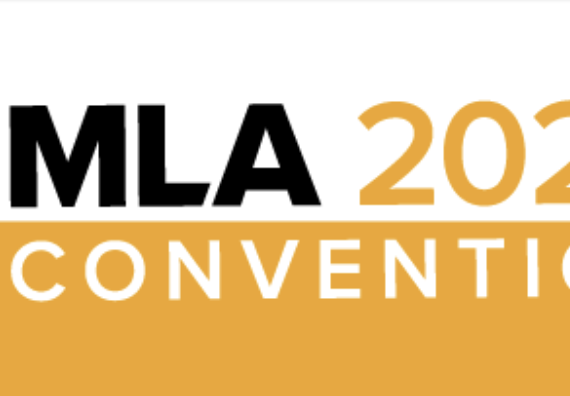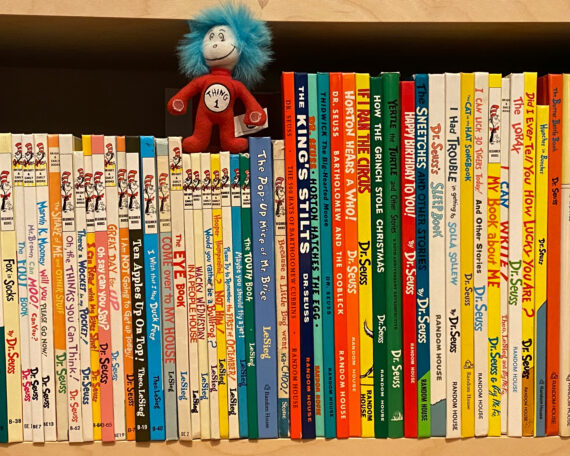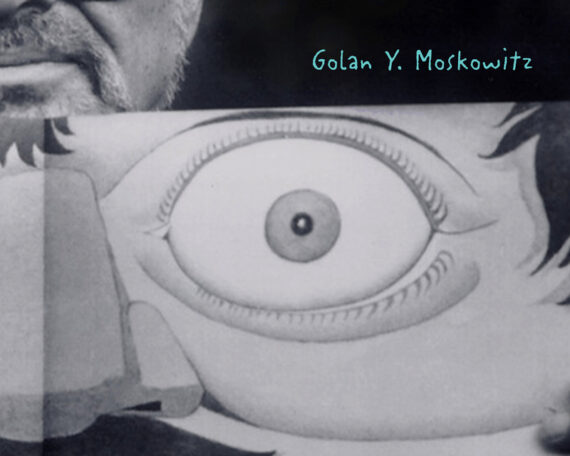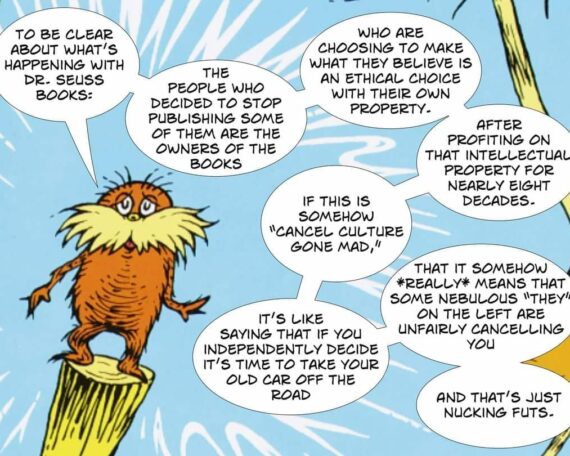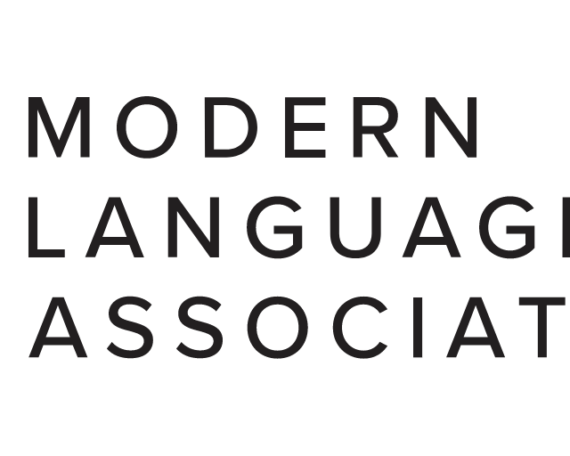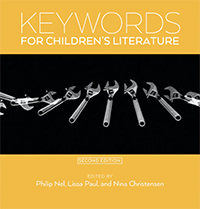CALL FOR PAPERS: MLA, Jan 4-7, 2024, Philadelphia
Call for Papers: Nostalgia in and for Children’s Literature CFP for a guaranteed session sponsored by the MLA Forum on Children’s and Young Adult Literature. To be held at the 2024 MLA in Philadelphia, January 4-7, 2024 Nostalgia is a transideological phenomenon. Its politics depend upon the direction of its longing. There’s the restorative variety that

